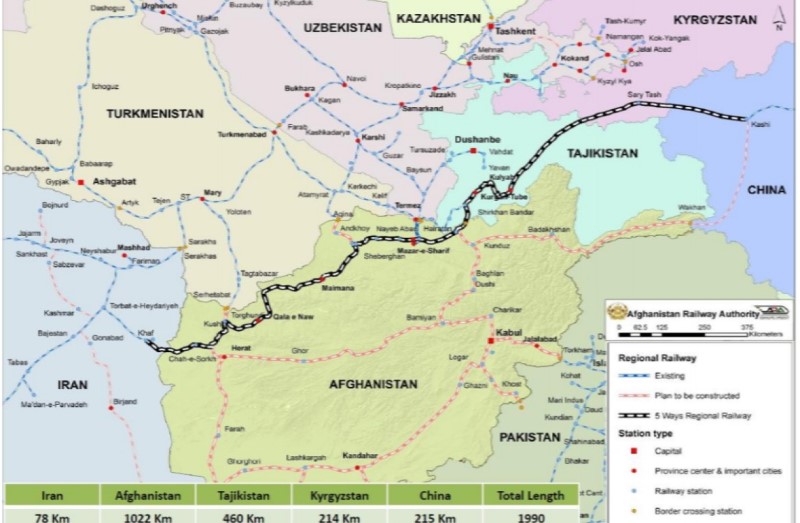Afghan Hazaras Organize to Defend Themselves
By Sudha Ramachandran
August 26, 2021, the CACI Analyst
Relentless violence against Afghanistan’s Shia Hazara community by the Sunni extremist Taliban and the Islamic State-Khorasan in recent years had prompted some of their youth to pick up arms to defend their community. Their fears have intensified with the Taliban coming to power. Recent attacks have heightened their sense of insecurity. Should violence against them persist, Hazara militias will proliferate. The Fatemiyoun Brigade, which is lying low, could be activated. Shia Iran could intervene to support the Hazaras.
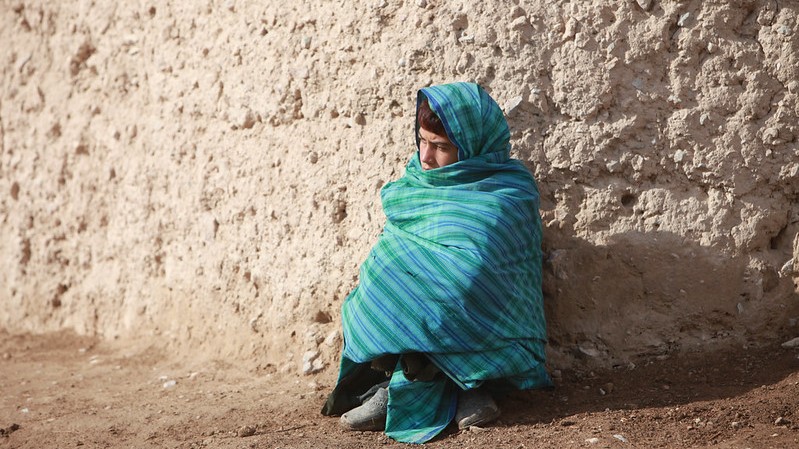
U.S. Troop Withdrawal from Afghanistan Risks Fueling a New India-Pakistan Proxy War
By Umair Jamal
August 25, 2021, the CACI Analyst
For more than two decades, India has openly opposed any prospect of the Taliban returning to power in Afghanistan. New Delhi has continued to oppose the Taliban even in the face of the international community’s ongoing effort to engage the group to find a negotiated settlement. Pakistan, on the other hand, supports efforts to engage the Taliban in an attempt to bring the Taliban back to power. After the collapse of former Afghan President Ashraf Ghani’s government and the fall of Kabul to the Taliban, Islamabad believes that it has scored a major win against India as it can isolate New Delhi’s political influence and interests in Afghanistan. The Taliban’s return to power risks turning Afghanistan into an India-Pakistan proxy battleground.
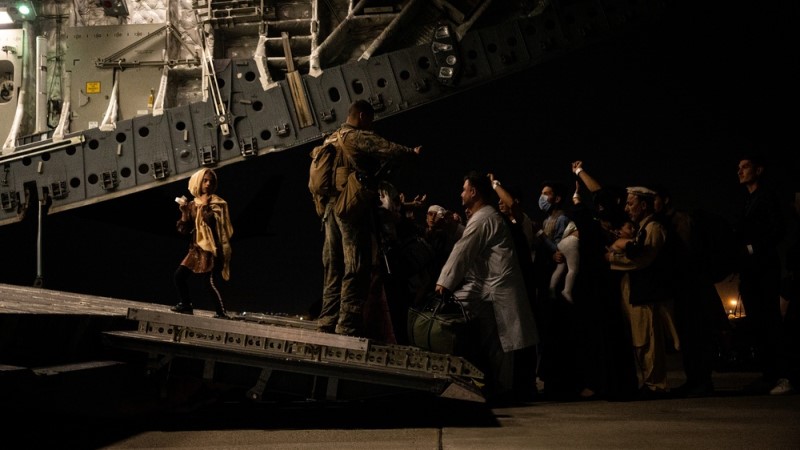
U.S. out, Taliban in: Central Asia Facing New Challenges from Afghanistan
By Farkhod Tolipov
August 20, 2021, the CACI Analyst
In April 2021, Washington began the long-awaited withdrawal of its military forces from Afghanistan, a process that is expected to be completed by September this year. This is being done in the wake of an agreement between the U.S. and the Taliban as a condition for reaching peace in Afghanistan. However, the “victorious” Taliban began a sudden offensive in some northern provinces bordering Uzbekistan and Tajikistan. The Afghan military surprisingly retreated instead of resisting the insurgents. Some even crossed the Afghan border with Uzbekistan and Tajikistan. As the Taliban have swiftly moved to take control of most Afghanistan, including Kabul, Central Asia is facing strategic uncertainty.
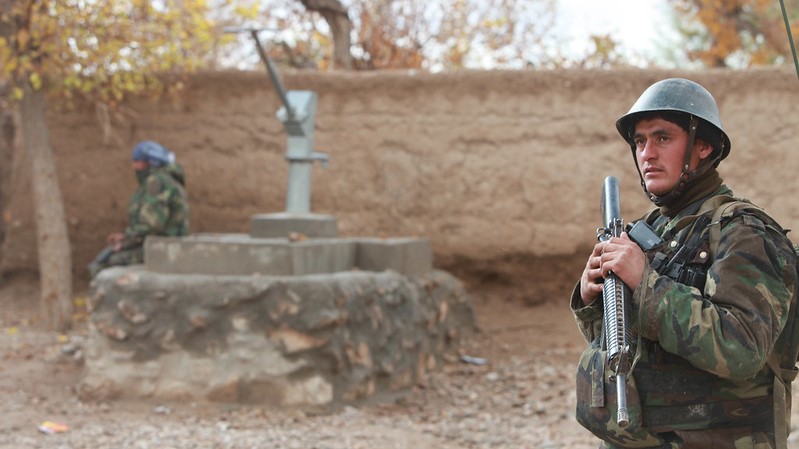
Explaining the Kyrgyz-Tajik Border Clash: Hypotheses in Search of Corroboration
By Richard Weitz
July 14, 2021, the CACI Analyst
A century ago, the Italian author Luigi Pirandello wrote a three-act play entitled “Six Characters in Search of an Author,” which explored the difficulty of differentiating between illusion and reality. The analyst of the recent border clash between Kyrgyzstan and Tajikistan faces the same challenge. The event, which saw the most serious fighting between independent Central Asian republics, offers several plausible explanations with divergent policy implications.
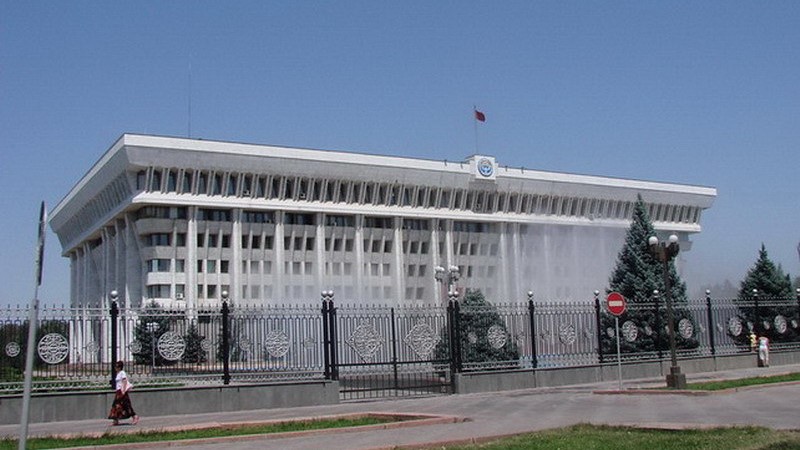
Iran and Afghanistan Inaugurate Cross-Border Railway
By Sudha Ramachandran
April 27, 2021, the CACI Analyst
A new railway line running between Khaf in Iran and Herat in Afghanistan has generated much optimism in the two countries as it has the potential to boost bilateral travel and trade. The railway link is important to the larger region as well as it is part of the ambitious Five Nation Railway Corridor project. While there are great expectations of the FNRC project and the Khaf-Herat railway link’s recent inauguration in the participating countries, the road ahead will not be easy and the project faces implementation problems as well as competition from rival projects.
